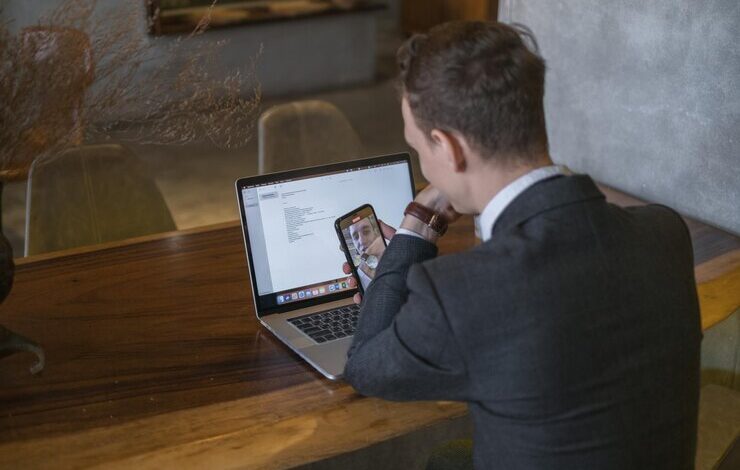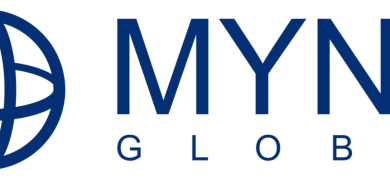Why Monitoring Home Workers Harms Privacy and Trust

The year 2024 is here, and remote work keeps changing how people work. With many people working from home, companies want to know that their workers are productive. So, they use software like Controlio to track what remote workers do. The idea is to make sure people are working hard and to build trust. However, tracking workers at home raises important questions. It can affect people’s privacy, freedom, and well-being. This article looks at the problems with monitoring home workers also explores a few examples of popular employee monitoring software, itargues that instead of helping productivity and trust, monitoring can actually make both worse.
The Role of Monitoring Software
Working from home became really common in 2024. Technology made it easy. Companies changed how they thought about work-life balance. Employees could work from their homes instead of going to an office. They didn’t have to commute every day. They had more freedom with their schedules.
The Lack of Control
Tools that watch workers may make bosses think they know what’s going on. But often, it’s just an act. Workers feel pushed to seem busy all the time. This leads to faking it and not doing quality work. Time on the clock matters more than thinking in new ways. In the end, this hurts fresh ideas. Workers worry too much about checking boxes, not finding smart solutions.
The Erosion of Trust
Believing in one another is crucial for a healthy working bond. But, using computer programs to track workers can harm this trust. Keeping an eye on employees all the time makes them feel like their bosses don’t have faith in them, which can lead to anger and a lack of interest in their jobs. Also, not being open about using these tracking tools makes workers feel watched. They may get suspicious or worried. In the end, this damages the trust between a company and its workers.
Impact on Mental Health
Being constantly watched and judged by monitoring tools can harm workers’ mental health. Feeling like you’re always being watched makes people stressed, anxious, and burnt out. Also, these systems invade privacy and make people feel violated, worsening their mental state.
Alternative Approaches to Remote Work
Instead of using software to watch remote workers, bosses should build a culture of trust and freedom. They can do this by Explaining things clearly. Setting goals that make sense. Giving help and tools for remote work success. When workers choose how to spend their time, they feel in charge. This leads to more work done and happier workers.
Can you track workers without hurting their privacy and faith?
Controlio, like other monitoring tools, makes people worry about privacy and trust at work but it can be used in a way that protects these important things while still helping people be productive.
Being Open and Getting Permission
One big thing is being open. Bosses should tell workers clearly why they are using Controlio and how it will work. Explaining why monitoring is needed can help workers feel better and trust more.
Getting Work Done Right
Instead of using Controlio to watch over every little thing workers do, bosses should use it to see how they are doing overall. They can find areas that need improving. Focusing on results rather than checking every detail builds trust and shows respect for employees’ ability to work on their own.
Keeping Privacy Safe
Respecting employees’ privacy is very important. Controlio should only monitor work activities, not personal lives or non-work times. Having strict privacy rules and keeping data secure can help ease worries about privacy violations.
Balancing Accountability and Trust
Companies should find the right balance. Workers need to take responsibility for their jobs. But companies should also have faith in workers. Controlio can help keep workers responsible. Yet companies shouldn’t lose trust or workers’ freedom. A positive workplace needs both.
Conclusion
Working remotely is popular in 2024. Some companies use software to track productivity, but this monitoring can harm trust and stress workers. Instead of watching employees, companies should be open and let workers manage their own time. Good communication and teamwork help remote teams succeed. Trust and freedom allow workers to do their best. Companies that want their remote teams to succeed must create an environment of trust. When bosses and workers respect each other, productivity improves. A positive workplace helps people feel appreciated and motivated. In the end, the key to remote work success is not watching employees. It is building real connections and showing mutual respect between managers and staff.
FAQs
What are the effects of Controlio on worker privacy?
Controlio’s impact on worker privacy relies on how it’s utilized. When used openly and focused only on work-related tasks, Controlio can lessen privacy worries. However, if used in an intrusive way or to monitor personal activities, it can undermine worker privacy and trust.
Can Controlio help build trust in remote teams?
Yes, when implemented carefully, Controlio can foster trust in remote teams. By emphasizing openness, focusing on performance rather than micromanaging, and respecting workers’ privacy, Controlio can contribute to a culture of accountability and trust within dispersed teams.
Are there other ways to keep track of staff when they work from home?
Yes, you can use many different tools instead of Controlio. Some just clock how many hours people work. Others help manage projects and check if staff are working productively. Companies should look at all the choices. They need to find tools that fit their values.




